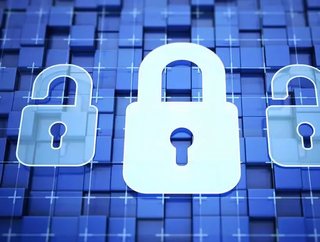Internet Society says security collaboration is key for a free and neutral internet

Since Friday, at least 200,000 computers in 150 countries have been compromised by ransomware malware which has gone by multiple names, including WannaCry, WannaDecryptor, and WannaCrypt - which exploits a flaw in Microsoft Windows, for which there is a patch.
Incidents like these emphasize how important it is to keep software up to date, to have contingency plans for when an attack occurs, and to back-up data securely. Ransomware is not new, but the scale of these attacks, combined with the targets, shows just how vital system and device security is.
The Internet Society has been closely monitoring the ransomware cyber-attacks that have been occurring over the last couple of days and the impact they will have on user trust in the Internet. With critical infrastructure like hospitals, power plants, dams, and transportation systems being targeted in nation state cyber offensives, the threat increases exponentially.
In light of the scale of the attack we have just witnessed, the question should not be if the cyberspace should be governed, but how? What do we need to do to prevent attacks like these, and if they do happen, how do we ensure that criminals are brought to justice and persons affected receive the help and remedies they need? There is no silver bullet. It will require effort from all of us and a willingness to take action not only for our benefit, but also to protect others who connect to the Internet.
People are what ultimately hold the Internet together. The Internet’s development has been based on voluntary cooperation and collaboration. Cooperation and collaboration remain the essential factors for the Internet’s prosperity and potential.
We have a shared responsibility to get these attacks and other cyber threats under control and to work collaboratively, not just to keep ourselves and our vital systems and services protected, but to reverse the erosion of trust in the Internet. Just over the week-end, finance ministers of the G7 called for joint action against cyber attacks. This is a positive step.
To be successful, we should make better use of the governance systems we already have for criminal activity in cyberspace as well as think carefully about how they could be improved and be creative about new solutions. Any international consensus or agreement should focus on practices that prevent or discourage intrusions, rather than abstract principles that will be difficult to enforce.
Constance Bommelaer is Senior Director of Global Internet Policy at the Internet Society, a global non-profit organisation focused on Internet technology, policy and development.
- Employees can help prevent phishing attacks, say BlackBerryCloud & Cybersecurity
- 5 mins with Tom Kellermann, cyber security leader at VMwareCloud & Cybersecurity
- Exec Q&A with Stephen de Vries, IriusRisk CEO and co-founderCloud & Cybersecurity
- Open Systems appoints new Chief People Officer, Alaska MayCloud & Cybersecurity






